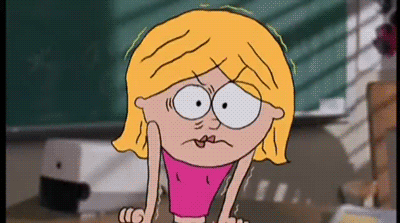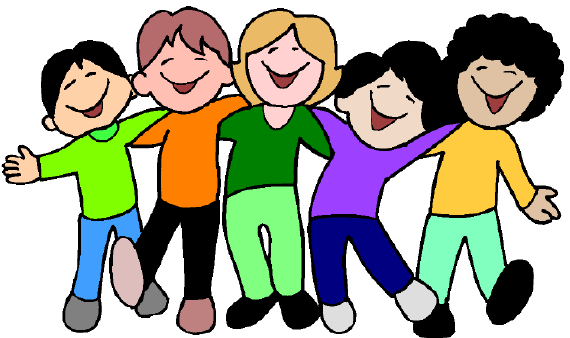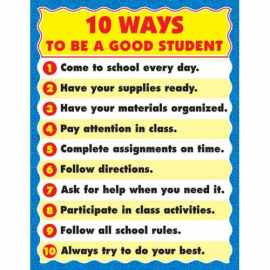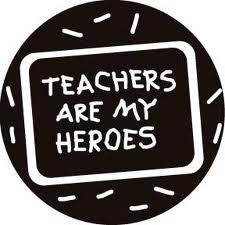
If I am being completely honest, the picture above is precisely what my reaction was when my teacher announced “we are learning about treaties today. “Reason #1 why my reaction was like this: because only one class was dedicated to learning EVERYTHING about treaties, trying to jam all the history into an hour and reason #2: my teacher’s reaction to teaching treaty education was similar to the picture above as well. I strongly believe how the classroom teacher feels towards treaty education is exactly how the class will react as well.
As a student learning and growing about treaty education, I have gained valuable insight through Claire’s presentation on how to interact and teach treaty Ed in an engaging and fun way. What kid wouldn’t want to make a video and chant songs and draw pictures? I hope that my future students will not have the same reaction that I did when I was in elementary school because I know I will try my best to teach treaty education in the most fun and engaging ways possible. If there is one thing I have learned it is that I have many many resources available to me, but it is my responsibility to go out and find them.
Why is it important to teach treaty education to a non-aboriginal classroom?
In my opinion, the obvious answer to this question is so students do not grow up believing certain misconceptions about the First Nation culture. While I was growing up, I did not have any aboriginal students in my class. I was given the opportunity to learn some what about treaty education (not much, but some). Unfortunately, it was not enough education to conquer my stereotypical thoughts and beliefs about First Nation individuals. Much like my classmates and colleagues, the most I have learned about aboriginal people have been in my university classes. Because of this new knowledge, I can now understand the importance of teaching treaty education.
Truthfully, I have never heard the saying “we are all treaty people” before Claire’s presentation. So the concept behind this saying is still very fuzzy for me however I do believe that Treaty history does not just include aboriginal people but it includes everyone currently living on treaties. This is OUR history and I do believe we are all treaty people.
The picture below is what I hope my students will feel during and after learning about treaty education!!!!




